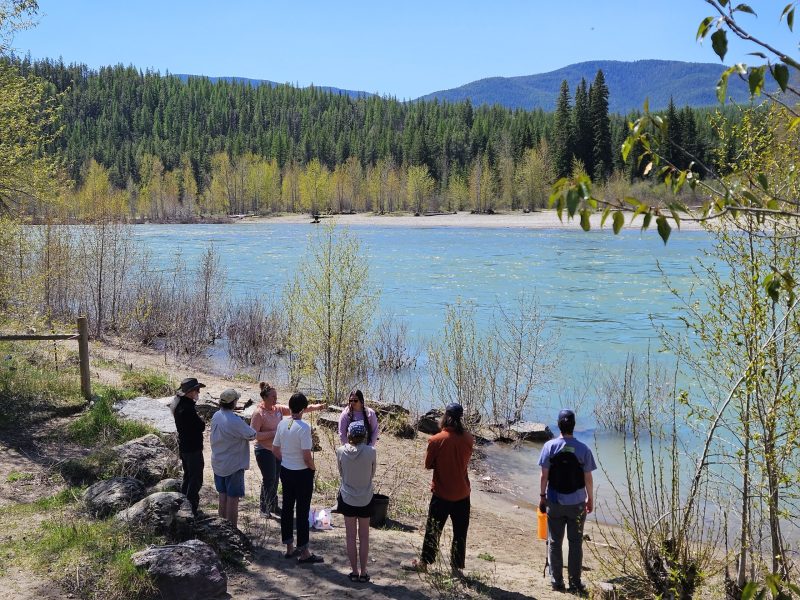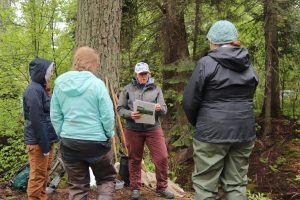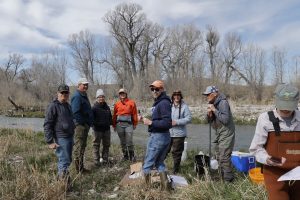
Monitoring Montana Waters (MMW) aims to conserve and protect water sources in the state by supporting citizen science. The program at the University of Montana’s Flathead Lake Biological Station (FLBS) provides groups with the assistance they need to carry out scientifically rigorous research. Dr. Rachel Malison, who leads MMW, explains that the program was founded following persistent interest from residents with concerns about the risk of pollutants in Montana’s rivers and lakes. “For a long time, regular citizens would call about concerns they had … Without data, you can’t say anything about how healthy a system is. We knew there was a need for more support for citizen science.” Alongside funding, MMW offers volunteer scientists technical assistance and training. Some partnered organizations collect baseline data, while others are concerned about the impacts of agriculture, industry and development on waterways. Warming temperatures also means increased stress on water systems and aquatic organisms, Malison notes, adding: “All of life needs clean water.”

Dr. Rachel Malison leading a training on macroinvertebrates during one of Monitoring Montana Waters’ biennial workshops. Source: MMW
Malison runs MMW with help from a member in AmeriCorps’ Big Sky Watershed Corps program, but counts on a wider pool of professional research scientists to run training events for citizen science groups. In collaboration with colleagues from the University of Montana and Montana State University, as well as the Montana Department of Environmental Quality, MMW hosts a biennial workshop to equip water monitoring groups with a wide array of technical skills, including sampling, data analysis, and community outreach. Additionally, the program regularly offers training to volunteers that is closely tailored to their groups’ focus. MMW has funded up to 15 groups each year since it was launched, and trained 58 volunteers in 2025. Malison is also developing another FLBS program closely tied to MMW, the Pesticide Stewardship Partnership Program. Through the scientific guidance it offers, MMW supports the public to adopt a hands-on role in safeguarding Montana’s waters: “We give regular citizens the ability to help protect resources.”

Monitoring Montana Waters holding an individual training session with the Central Montana Resource Council. Source: MMW